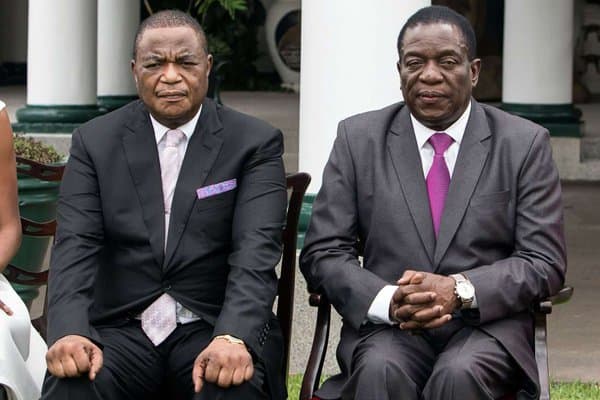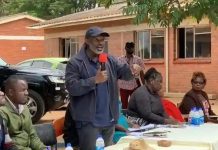THE situation in the restive civil service sector, which reflects on what is taking place in other employment sectors, shows the massive fall in Zimbabweans’ social lives as a result of the continued decline in the country’s economy.
After haggling with their employer for months over their conditions of service, punctuated here and there by strike action — especially by health care workers, including junior and senior doctors, and teachers across the country — government employees are pushing for another cost of living adjustment to cushion them from inflation, which is edging close to 70 percent.
Last month, government announced a 13-29 percent salary increase for its employees — depending on grades — after they threatened to down tools in protest over the rising cost of living.
This resulted in the lowest paid government worker getting $600 per month with effect from April 1. However, prices of basic commodities have been running wild since last September when Finance minister Mthuli Ncube introduced the hugely unpopular two percent transactional tax.
A massive hike in the price of fuel in January worsened the situation, with inflation — which tracks the general trend in prices — rising from 59,39 percent in February to 66,8 percent in March.
The January increases triggered violent protests to which government responded by deploying police and soldiers, resulting in the death of scores of civilians in the crackdown.
Property worth thousands of dollars was also destroyed in the process.
Government has accused business of profiteering and using the exchange rate to fix prices, instead of month-on-month inflation, which is much lower.
Ironically, civil servants last year demanded that they be paid in United States dollars, a request government flatly rejected.
Government must, however, realise is that it is the architect of policy frameworks that have haunted citizens all these years. As such, there is nothing sinister about civil servants’ demands because they are simply responding to what is obtaining on the ground.
The civil servants’ demands are quite valid taking into account the phenomenal rise in the cost of living.
As at December 2018, the poverty datum line for an average family of five stood at about $755. But inflation has been wreaking havoc on the economy, implying that things could have worsened.
President Emmerson Mnangagwa’s government must think hard — really hard — to come up with practical and sustainable solutions to arrest the continuous decline in the economy.
Zimbabwe simply can not continue on this trajectory.






